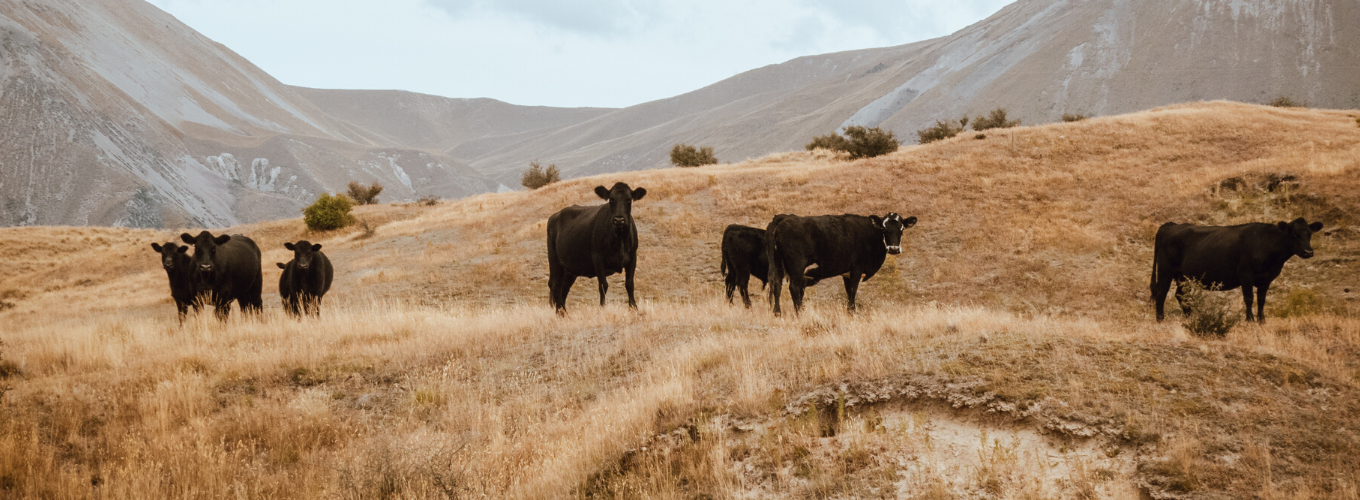Top 25 Reasons to Be a Cowboy | #25 The Cattle
In honor of the 25th anniversary of the Working Ranch Cowboys Association World Championship Ranch Rodeo in November, the next 25 blog entries will count down the top 25 reasons to be a cowboy. Of course, this is not an exhaustive list, nor will everyone agree on the items chosen and the placement given. Nonetheless, with 25 topics to consider, we should do a pretty complete job of covering the expanse of cowboydom. So, without further adieu, here’s No. 25.
Number 25: The Cattle
Perhaps a bit odd that the source of the namesake of the profession would rank so low, but we must start somewhere. The job of a cowboy, of course, is provide beef to a hungry world. While there’s so much that goes into the job description of a cowboy, there’s little question that without the cow, we’d just be boys.
So what makes the cow a good reason to be a cowboy? Purpose, would be the first. We must have a purpose and the cow provides that. It’s interesting, though, how most cowboys that I’ve observed truly feel about cows. A cowboy will work for years to develop the genetics of his herd, lose money to keep his cows fed in the midst of drought or flood, disregard all personal safety to rescue a cow in peril, and put more medicine in a sick calf to keep it alive than he could ever hope to recoup—even when the calf makes a full recovery. In so many ways, cowboys aren’t rational about their charges.
On the other hand, I’ve never seen a cowboy show near the affection or appreciate for a cow like he might a horse or a dog. A stockman might love a cow, but rarely a cowboy.
Cows exhaust, anger, and confound their caretakers. But cowboys don’t keep them begrudgingly; there’s a willing and determined attitude toward providing care for such frustrating animals.
There are joys, too, though. A cowboy’s chest will swell with pride seeing a mother successfully give birth, lick her new calf dry, then protect it from coyotes, and gently allow it to nurse. In a few weeks, seeing a pasture full of calves bouncing and playing will cause a smile to creep onto the most weathered countenance. And when those calves cross the scales in the fall and bring in a paycheck—however meager it may be—the cowboy knows he did his job well. Along the way, roping, sorting, and moving the cattle make the cowboy who he is.
In the final analysis, I hesitate to either anthropomorphize or degrade the bovine. A cow is simply a cow. They can at once bring out many different sides of a person, but what they bring out, I think, says more about cowboys than it does cows.

